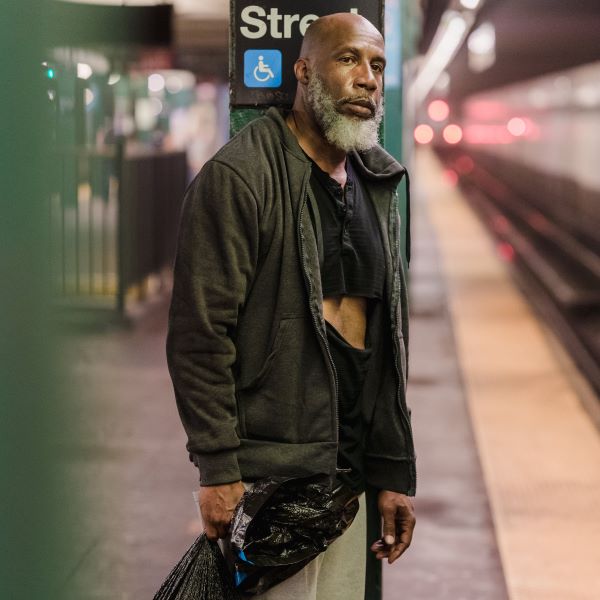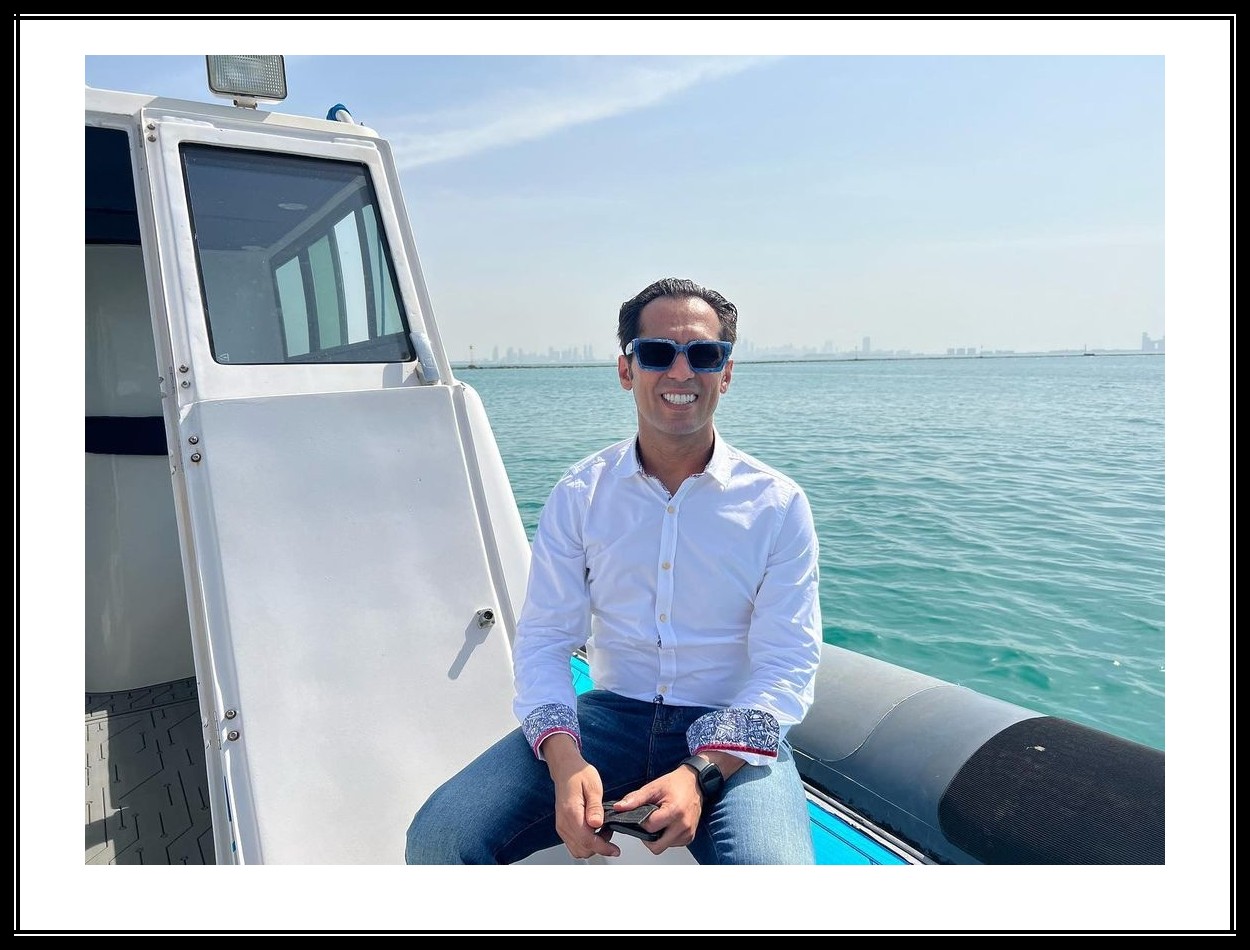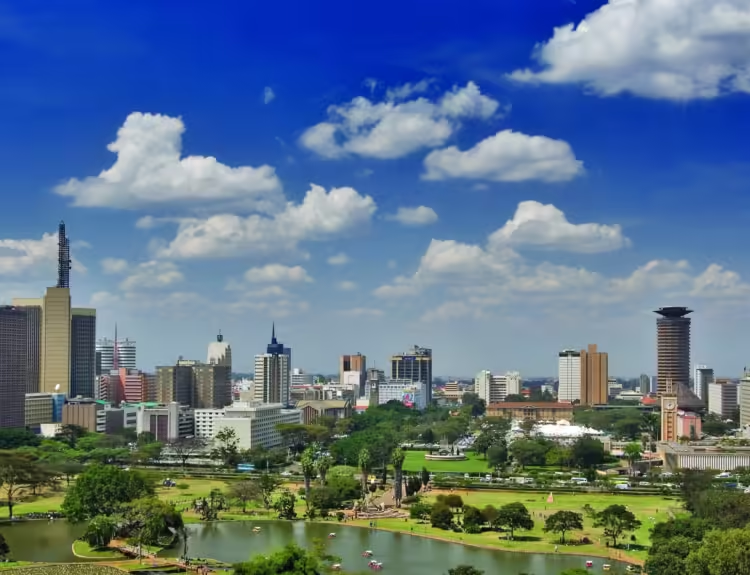Nigeria, Africa’s most populous nation and largest economy stands at a crossroads of paradoxical economic fortunes.
While the country boasts significant natural resources, including vast oil reserves and other mineral wealth, a substantial portion of its populace continues to grapple with poverty, unemployment, and social inequalities.
Businessempires.Africa delves into the complexities of Nigeria’s economic landscape, exploring the failures of past governments, the pervasive issues of corruption and fraud, the challenges in tapping into oil wealth, the enduring conflict between the north and south, and the rise of billionaire elites with political connections.
Contents
The Nigerian conundrum
On the surface, Nigeria’s economic indicators may appear promising – robust GDP growth, a thriving oil industry, and substantial foreign investment.
However, this narrative belies the harsh reality faced by millions of Nigerians, particularly in the northern and rural regions, where poverty rates remain alarmingly high.
According to World Bank estimates, over 40 percent of Nigeria’s population lives below the poverty line, while unemployment rates hover around 30 percent, exacerbating social tensions and political instability.
In the major cities of Abuja and Lagos, amid the chaos, there is an emerging elite that is one of the richest on the continent.
The roots of Nigeria’s economic challenges can be traced back to decades of ineffective governance, marked by corruption, mismanagement of resources, and a lack of long-term development planning.
Successive Nigerian administrations have failed to address the structural issues plaguing the economy, including inadequate infrastructure, limited access to education and healthcare, and overreliance on the oil sector.
Instead, short-term fixes and populist policies have only served to perpetuate the cycle of poverty and underdevelopment.
Corruption and fraud
At the heart of Nigeria’s economic woes lies the endemic culture of corruption and fraud that permeates all levels of society and government.
Despite efforts to combat corruption, graft remains rampant, siphoning off billions of dollars in public funds that could otherwise be invested in essential services and poverty alleviation programs.
The lack of transparency and accountability in government institutions has fostered a culture of impunity, allowing corrupt officials to operate with impunity and evade justice.
At the turn of the century, as the country was emerging from the ashes of civil wars and military rule, giving way for democracy; corruption emerged as one of the major obstacles.
One of the largest corruption scandals in Nigeria’s history, the Halliburton scandal involved allegations of bribery and corruption in the awarding of contracts for liquefied natural gas projects in Nigeria. It happened in 2003.
Several multinational companies, including Halliburton, were accused of paying bribes totaling hundreds of millions of dollars to Nigerian officials to secure contracts.
The fuel subsidy scam rocked Nigeria in 2012 when it was revealed that billions of dollars were being siphoned off through fraudulent subsidy claims on imported fuel.
Under the guise of subsidizing fuel prices for Nigerian consumers, corrupt officials and businessmen inflated import costs and claimed fuel subsidies that was never delivered or even existed.
The scandal led to widespread public outrage, protests, and calls for accountability.
In 2014, the Armsgate Scandal, also known as the Dasukigate scandal, involved the misappropriation of funds meant for the purchase of arms to fight Boko Haram insurgents.
Former National Security Adviser, Sambo Dasuki, was accused of diverting billions of dollars allocated for the procurement of weapons, instead using the funds for personal enrichment and to fund political campaigns.
The scandal underscored the extent of corruption within Nigeria’s security apparatus and raised questions about the government’s commitment to combating terrorism.


And in 2015, a similar fraud that saw taxpayers lose $2.1 Billion Arms Procurement Scandal happened.
Former National Security Adviser, Sambo Dasuki, was again at the center of the scandal, accused of embezzling funds and awarding fictitious contracts to cronies.
The country state oil firm, Nigeria National Petroleum Corporation (NNPC) has also had its share of scandals.
The NNPC has been embroiled in numerous corruption scandals over the years, involving allegations of embezzlement, mismanagement, and lack of transparency in the oil sector.
From missing oil revenue totaling billions of dollars to fraudulent crude oil sales and dubious subsidy payments, the NNPC scandals have underscored the systemic corruption that pervades Nigeria’s oil industry and government institutions.
These are just a few examples of the major corruption scandals that have plagued Nigeria over the years.
While some individuals have been prosecuted and held accountable for their actions, many cases remain unresolved, highlighting the challenges of combating corruption and ensuring accountability in Nigeria’s public and private sectors.
Nigeria’s petrodollars
Nigeria’s vast oil reserves, once seen as a blessing, have become a curse for millions of its citizens, exacerbating economic inequalities and hindering efforts to diversify the economy.
While oil revenues have fueled economic growth and infrastructure development in some areas, they have also contributed to environmental degradation, social unrest, and political instability.
The failure to effectively manage and distribute oil wealth has perpetuated a cycle of dependency and inequality, leaving many Nigerians marginalized and disenfranchised.
Conflict between North and South
The enduring conflict between Nigeria’s predominantly Muslim north and Christian south has further compounded the country’s economic challenges.
Historical grievances, ethnic tensions, and religious divides have fueled sporadic outbreaks of violence and political instability, undermining efforts to foster national unity and economic development.
The north, in particular, has lagged behind the south in terms of education, infrastructure, and economic opportunities, exacerbating social inequalities and perpetuating poverty.
Rise and rise of billionaire elites
In Nigeria’s political and economic landscape, a small cadre of billionaire elites with close ties to the ruling elite has amassed vast fortunes through political patronage and corruption.
These individuals, often referred to as “crony capitalists,” have built sprawling business empires spanning diverse sectors of the economy, from oil and telecommunications to banking and real estate.
Among them are prominent figures such as Aliko Dangote, Africa’s richest man, and Femi Otedola, a prominent oil magnate, who have leveraged their political connections to amass wealth and influence.
Some of Nigeria’s biggest companies are owned or controlled by political elites who have served in government positions or maintain close ties to those in power.
These include:
- Dangote Group: Founded by Aliko Dangote, the Dangote Group is one of Nigeria’s largest conglomerates, with interests in cement manufacturing, sugar production, and logistics, among others.
- Zenith Bank: Owned by Jim Ovia, a prominent banker and philanthropist, Zenith Bank is one of Nigeria’s leading financial institutions, with a significant presence in the banking sector.
- Globacom: Owned by Mike Adenuga, Globacom is Nigeria’s second-largest telecommunications company, offering mobile and internet services to millions of Nigerians across the country.
- Forte Oil: Owned by Femi Otedola, Forte Oil is one of Nigeria’s leading oil and gas companies, with operations spanning petroleum refining, distribution, and retail.






